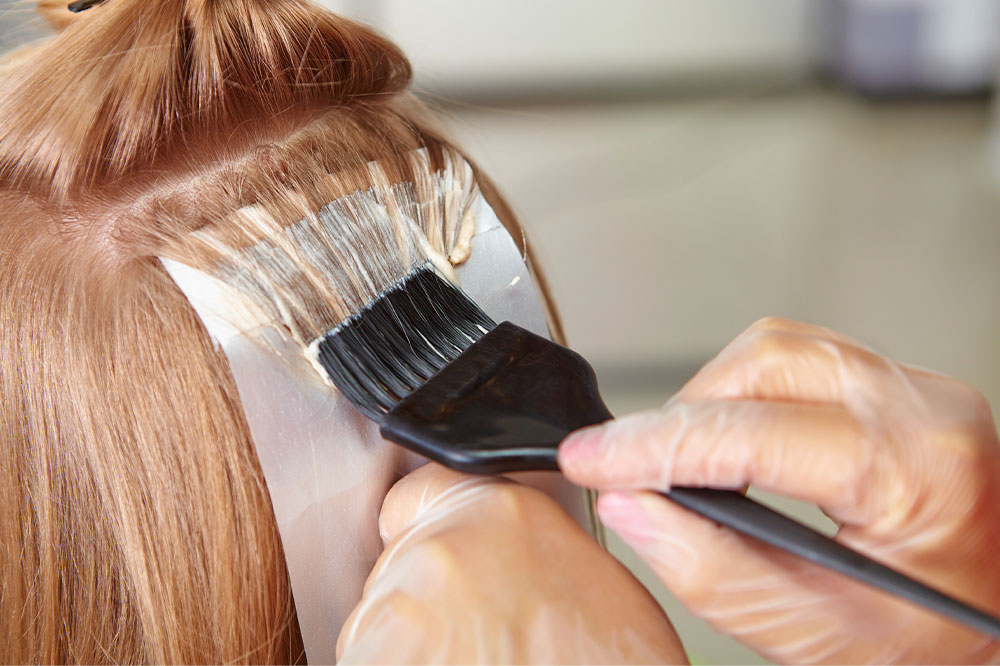Beware of these 5 household items that can increase cancer risk

Cancer is one of the leading conditions with fatal conditions affecting people worldwide. The condition is characterized by an uncontrolled mutation of healthy cells that get destroyed while spreading, affecting vital organs and functions. Several risk factors and triggers are involved based on the type of cancer and exposure. However, unbeknownst to many, certain daily-use household items can increase one’s risk of getting the condition. Five such instances where risk is high are discussed below.
Household furniture
Preservatives are added to increase the durability and shelf life of certain products. But one of the significant carcinogens linked to cancer, called formaldehyde, is heavily used in household furniture installations and furnishings. Unknowingly, people are at risk of developing this chronic illness due to repeated exposure due to certain materials used in making furniture and home upgrades. Common items like plywood, particle boards, paneling, foam insulation, wall paint, wallpapers, synthetic fabrics used in furnishing, and even many cosmetic products contain this preservative. These products release the fumes of the preservative. If the house is not airy or there is no proper ventilation, one could be actively inhaling this carcinogen, increasing the risk of known cancers.
Cosmetic products
Even beauty products contain certain chemicals and preservatives that expose the skin and body to cancer. Hair dyes, shampoos, hair fall treatments, and dandruff treatments contain coal tar, a byproduct of coal processing. This compound has been linked to many types of cancer, including lung, kidney, skin, bladder, and digestive tract cancers. In addition, moisturizers, makeup products, and even shaving creams contain parabens, a chemical preservative and active carcinogen. Body washes and antibacterial soaps also contain a preservative called triclosan added to mainly counter bacterial infections. And the infamous talc, a common powder found in blushes, bronzers, makeup powders, and eye shadows, is said to contain asbestos. Asbestos is a natural mineral, but when mixed with talc, the mineral can trigger the formation of cancer-causing agents. It is one of the reasons why many brands are actively shifting towards organic solutions for daily use makeup and accessories.
Nonstick cookware
Nonstick cookware might simplify preparing recipes by ensuring the ingredients don’t stick to the surface. However, eating foods prepared with these utensils raises several health concerns, including cancer risk. The nonstick surface of such appliances contains per- and polyfluoroalkyl substance PFAS and synthetic chemicals to make the coating stick resistant. Scientists and health experts have referred to these compounds as ‘forever chemicals’ as these chemicals remain in the body. The longer these compounds take to be removed from the body, the higher the chance of carcinogen risk. Therefore, experts advise using a cast iron skillet or stainless-steel utensils as much as possible instead of nonstick cookware. It will limit exposure to PFAS.
Air fresheners
Air fresheners are one of the most widely used household products. Air fresheners are available as canned sprays, vapor gels, and even scented candles. But what many fail to notice is the hundreds of chemicals that go into manufacturing this product. One simple spray contains volatile organic compounds (VOCs) and preservatives like formaldehyde, phthalates, and dichlorobenzene. All these chemicals are added to make the product more fragrant, increase its shelf life, and even boost its effectiveness. However, repeated exposure to such carcinogens increases the risk of cancer affecting the respiratory system. Children and pregnant women are more likely to develop chronic illnesses with repeated exposure to this product.
Cleaning supplies
Ironically, the products designed to keep one’s home clean and habitable are also some of the primary cancer-causing triggers that go unnoticed. Common products include oven cleaners, furniture polish, floor polish, rug cleaners, upholstery cleaners, dry cleaning chemicals, detergents, dishwashing soap, and even chlorine bleach. All these products contain a combination of volatile organic compounds and several carcinogens that increases cancer risk with repeated exposure. Most of the exposure is firsthand as the products directly release fumes that, when inhaled, can also trigger several chronic respiratory illnesses.
If one notices discomfort after using these products for extended periods, it is advisable to check those symptoms. Health experts also advise switching to organic products that are free of common preservatives and chemicals, mainly if used for beauty and cosmetic purposes.

